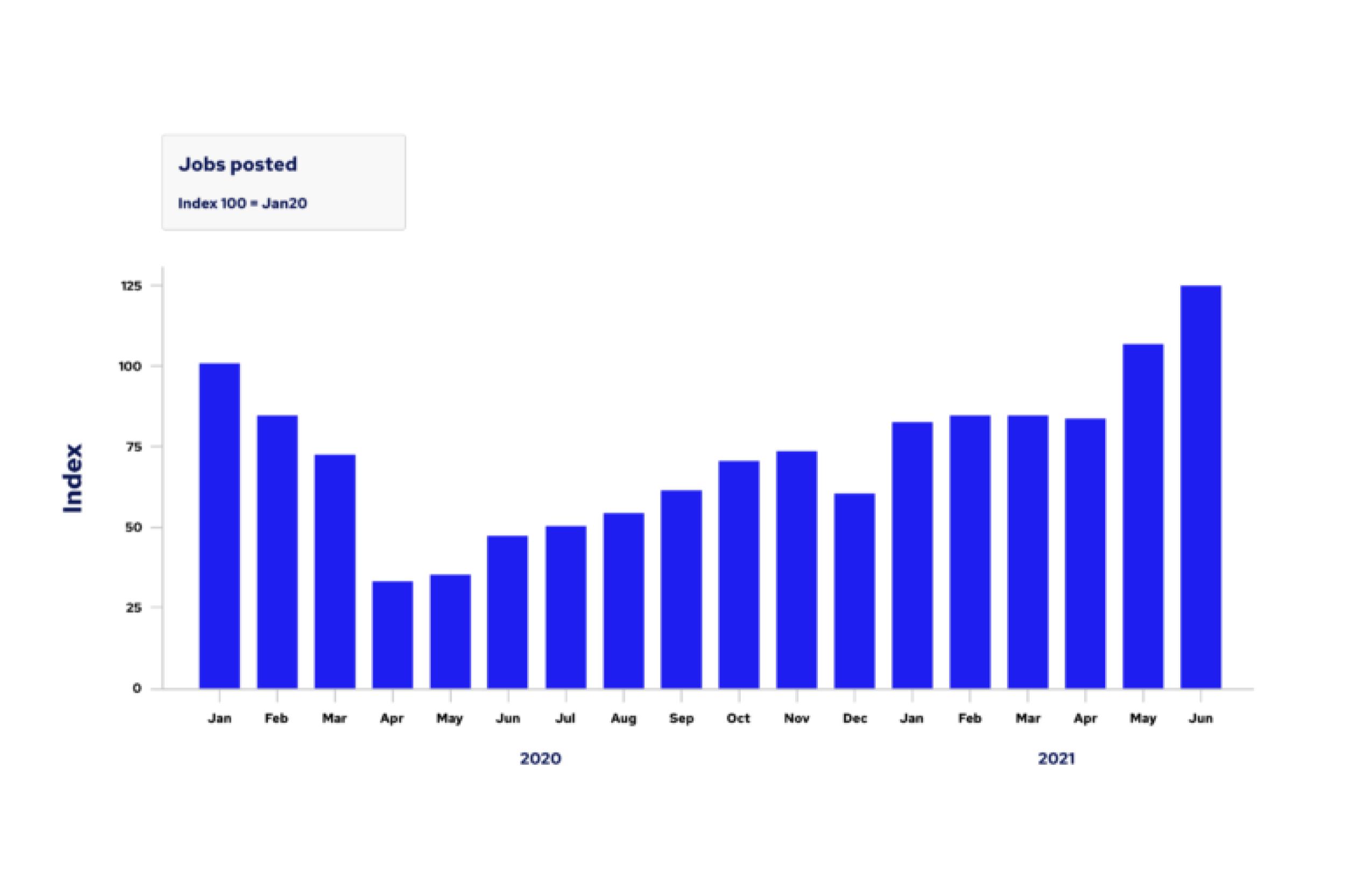Keep Britain Working resources
We’ve pooled together resources across our supporter network to help those looking for work, wanting to reskill or needing support with their health and wellbeing.
Keep Britain Working resources
We’ve pooled together resources across our supporter network to help those looking for work, wanting to reskill or needing support with their health and wellbeing.
Tools & resources
Redundancy support

Are you looking for work? Look through our redundancy support information for guidance on your next steps.
Training & development

Get access to free courses and webinars to help you build your confidence and skillset to make your more employable.
Job market insights

Want to understand how the job market is changing? Find out in the Reed.co.uk Job Index

Look for jobs in demand
Browse the jobs in highest demand at the moment or search across 42 sectors to find the right opportunity for you. Upload your CV to share with recruiters across the UK.

Free employment support
Work Routes is a free specialised support service that helps people who are unemployed and struggling to find work to enter sustainable, long-lasting employment.

Career Advice
We’ve put together a wide range of tips – written by experts – in everything from CVs and interviews, through to finding the right job and career development.

Support for graduates
Getting a graduate job can be challenging – especially now! Find out ‘How to get a graduate job’ on this free course, where you’ll follow recent grads on their journey.
Interviews & Mindfulness
Interviews are tough! This interactive comes with a 13-page PDF downloadable workbook and online learning modules to help you to achieve the job offer you deserve!
Jobhelp, from Jobcentre Plus
Despite the disruption caused by the coronavirus outbreak, there are still jobs out there to apply to. We’re here to help you get started.
You can also find hints and tips on applying for jobs if you haven’t done so for a while. If you are looking for a full or part-time job in England, Scotland or Wales – or even some temporary work – visit Find a job.

Covid-19 Frequently Asked Questions
We have compiled a list of frequently asked questions based on information we have collated across government websites – with lots of useful links for you to find out more information. We will be updating this page regularly, so if there a question you would like us to include, please email us at keepbritainworking@reed.com and we will do our best to answer it for you.
FAQs for employees
What is the Kickstart scheme?
The Kickstart Scheme provides funding to employers to create job placements for 16 to 24 year olds.
The Kickstart Scheme provides funding to employers to create new 6-month job placements for young people who are currently on Universal Credit and at risk of long-term unemployment.
This is part of the government’s Plan for Jobs and aims to create hundreds and thousands of new, fully funded jobs across England, Scotland and Wales. The first placements are likely to be available from November.
Funding will cover for each job placement:
- 100% of the relevant National Minimum Wage for 25 hours a week
- the associated employer National Insurance contributions
- employer minimum automatic enrolment contributions
There will also be extra funding to support young people to build their experience and help them move into sustained employment after they have completed their Kickstart Scheme funded job.
For more information on the Kickstart scheme and relevant links, visit the Kickstart scheme page on gov.uk.
How do I apply to the Kickstart scheme as a young person?
Jobs from the Kickstart Scheme will be open to people 16-24 years old, who are claiming Universal Credit, and are at risk of long term unemployment. If you have a work coach they will talk to you about the Kickstart Scheme and whether it’s right for you. The first jobs should be available from November, so not long to wait.
Applications from employers are now underway, and we expect to have roles on offer in many different types of businesses, and across England, Scotland and Wales.
Talk to your work coach to find out more or visit the jobsite. If you don’t have a work coach, find out more about your career options.
What is JETS (Job Entry Targeted Support)?
JETS (Job Entry Targeted Support) is a new scheme backed by the Department for Work and Pensions to help those left jobless due to Covid-19.
JETS will help people who have been out of work for three months or more, giving them access to tailored, flexible support to quickly get back them into employment. The new programme offers a range of services, including specialist advice on how people can move into growing sectors, as well as CV writing, interview coaching and advice on transferable skills.
Job seekers will agree an action plan with their personal Work Coach and have access to financial support for a variety of different aspects of their job searching activity, including travel costs, interview clothing, health assessments and training.
The programme is being delivered by providers as part of the Work & Health Programme. Reed in Partnership is delivering JETS in the North East of England and South London. More information about Reed in Partnership’s JETS programmes can be found here.
For more information on the scheme nationally, click here.
What is the new job support scheme?
The Job Support Scheme is the Government’s replacement for the furlough scheme (the Coronavirus Job Retention Scheme), which is ending at the end of October. It is designed to help businesses that are still able to operate but who face lower demand due to Covid-19.
Whereas furloughed employees were not allowed to work, employees who are supported by the new scheme must work at least a third of their usual hours. The company will continue to pay their employees for time worked, plus a third of the hours not worked; the Government will also pay a third of the hours of hours not worked (up to a cap). This will ensure employees earn a minimum of 77% of their normal wages (subject to the cap).
Employers using the Job Support Scheme will also be able to claim the Job Retention Bonus if they meet the eligibility criteria.
The scheme will open on 1 November 2020 and run for 6 months, until April 2021. The terms may change after the first three months.
To find out more about the job support scheme, visit here.
Who is eligible for the Job Support Scheme?
Employers
- All employers with a UK bank account and UK PAYE schemes can claim the grant. Neither the employer nor the employee needs to have previously used the Coronavirus Job Retention Scheme.
- Large businesses will have to meet a financial assessment test, so the scheme is only available to those whose turnover is lower now than before experiencing difficulties from Covid-19. There will be no financial assessment test for small and medium enterprises (SMEs).
- The Government had stated that its “expectation” is that while large employers are using the Job Support Scheme, they will not make dividend payments or implement share buybacks.
Employees
- Employees must be on an employer’s PAYE payroll on or before 23 September 2020. This means a Real Time Information (RTI) submission notifying payment to that employee to HMRC must have been made on or before 23 September 2020.
- For the first three months of the scheme the employee must work at least 33% of their usual hours. This threshold may be increased later.
- Employees will be able to cycle on and off the scheme and do not have to be working the same pattern each month, but each short-time working arrangement must cover a minimum period of seven days.
To find out more about the job support scheme, visit here.

